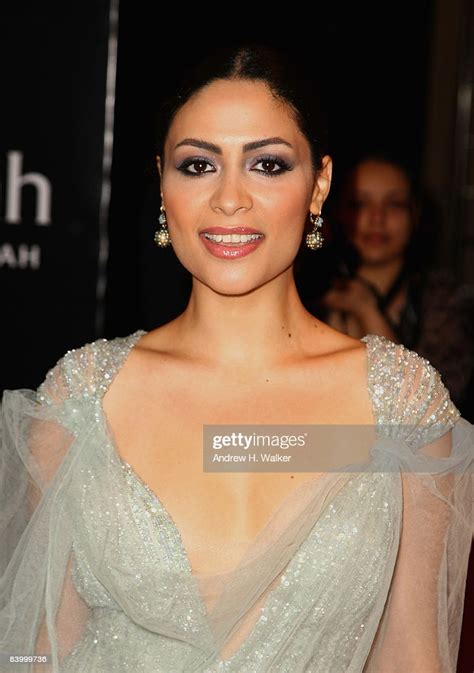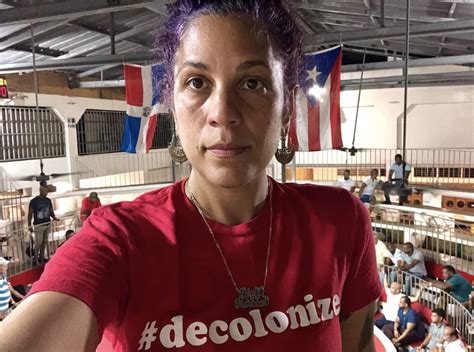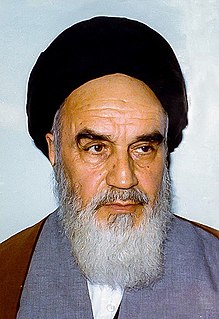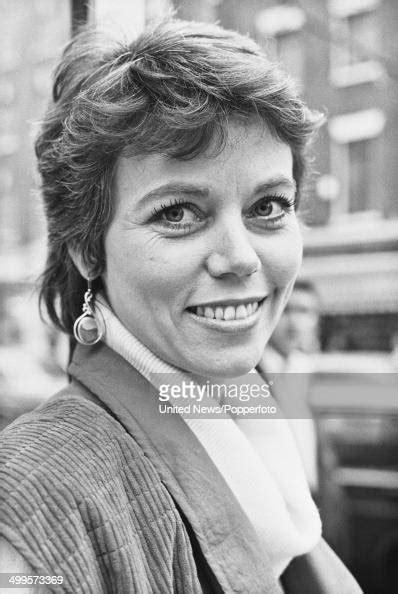A Quote by Shereen El Feki
My mother's family is Christian: her father was a Baptist lay preacher, and her brother, in a leap of Anglican upward mobility, became a vicar in the Church of Wales. But my mother converted to Islam on marrying my father. She was not obliged to; Muslim men are free to marry ahl al-kitab, or people of the Book - among them, Jews and Christians.
Related Quotes
Her [Eleanor Roosevelt] father was the love of her life. Her father always made her feel wanted, made her feel loved, where her mother made her feel, you know, unloved, judged harshly, never up to par. And she was her father's favorite, and her mother's unfavorite. So her father was the man that she went to for comfort in her imaginings.
I had gone to - that was my second time going to the mosque. And then at that time we met [with my wife], she was Muslim and - but was at a point where - because her father is an imam and her mother, though, is a convert, but she was basically raised Muslim. And she was at that point where she was deciding or trying to come to terms with her own relationship with Islam and how to embrace that for herself. So I was sort of trying to come walk toward it.
I mean, her father was an alcoholic, and her mother was the suffering wife of a man who she could never predict what he would do, where he would be, who he would be. And it's sort of interesting because Eleanor Roosevelt never writes about her mother's agony. She only writes about her father's agony. But her whole life is dedicated to making it better for people in the kind of need and pain and anguish that her mother was in.
When my daughter went to school, her last name was mine. The school insisted that her father's name be added to hers, not her mother's. The fact that the mother kept her in her womb for nine months is forgotten. Women don't have an identity. She has her father's name today and will have her husband's tomorrow.
The adolescent does not develop her identity and individuality by moving outside her family. She is not triggered by some magic unconscious dynamic whereby she rejects her family in favour of her peers or of a larger society.... She continues to develop in relation to her parents. Her mother continues to have more influence over her than either her father or her friends.
My house is full of paintings by my mother Pam. She was a fantastic, prolific artist but had no confidence in herself, thanks to my father running her down. They married during the war when she was 19 - she had planned to go to art school. But my father didn't want her to work, so she became a housewife.
My family background really only consists of my mother. She was a widow. My father died quite young; he must have been thirty-one. Then there was my twin brother and my sister. We had two aunts as well, my father's sisters. But the immediate family consisted of my mother, my brother, my sister, and me.
































